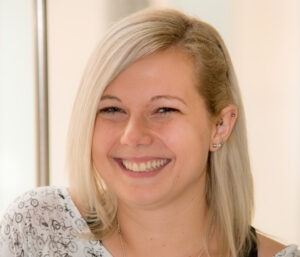
All medical products require research and testing to determine their safety and efficacy before human use. These are done in biological models, with the majority being performed in live animals. However, 95% of new drugs shown to be safe and effective in animal trials fail in humans. Instead of using animals as a proxy, Susi uses harvested human cells from consenting donors to grow fully functional organoids on a microscopy slide scale.
So called non-animal models represent a growing subset of methods using human-derived or humanised cells, tissues or data. This enables them to more closely mimic tissue features, spatial layout of cells and the use of controllable biophysical stimuli. These microfluidic-based organoids, ‘organs-on-a-chip’ or tumoroids can offer complimentary benefits to classical animal models, such as enhanced biological relevance, increased productivity, high-throughput screenings and a great alternative when animal models are challenging or unavailable. Susi is establishing a platform of this technology within the commercial pipeline of novel drug development to minimise the use of animal models in the pathway to new medications.
2024

